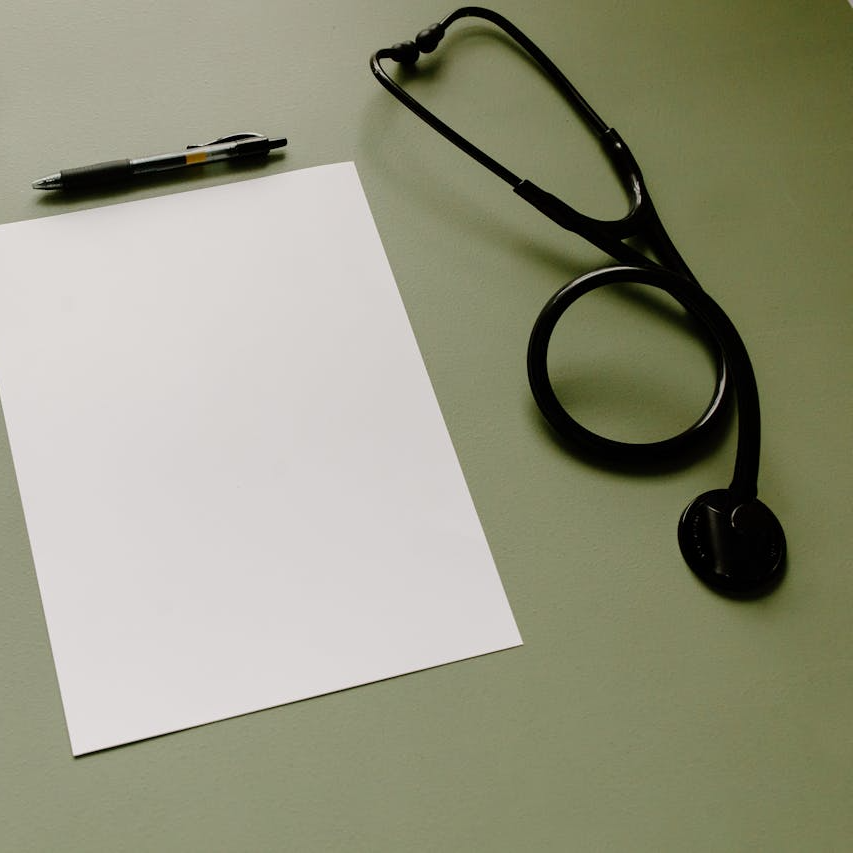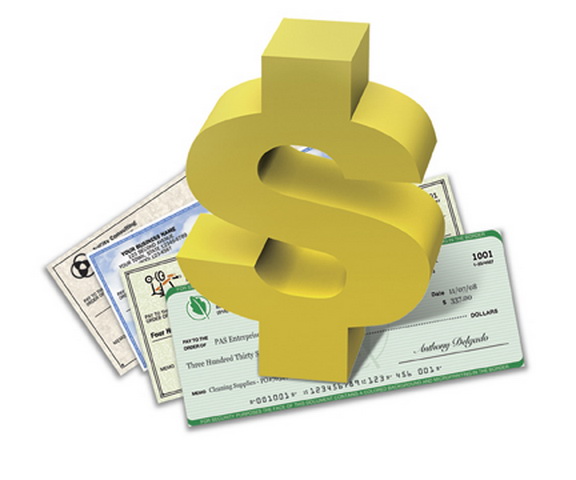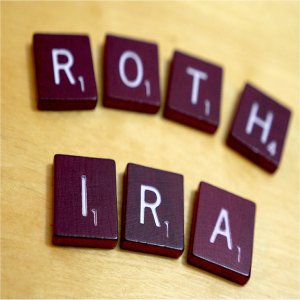[vc_row][vc_column width=”2/3″ el_class=”section section1″][vc_column_text]Sick leave is a great benefit to have. It becomes incredibly invaluable for many events such as sickness, mental health, a death, birth of your child of adoption, and many more.
Federal workers that are full-time receive 13 days a year. Those that are part-time received a prorated amount. These sick days can be carried into the next year over and over until you retire if you wish to.
However, you will not receive a lump sum for it as you would for your annual leave when you retire. But these leftover sick days will be used to increase your annuity payments.
- Also Read: Law Enforcement Retires Early—But Not Without These Rarely Mentioned Tradeoffs
- Also Read: Why the FERS Supplement Is Still a Lifeline for Early Retirees—But a Risky One
- Also Read: You May Be Eligible for Medicare Soon—Here’s How It Affects Your Other Coverage
Under the Federal Employees Retirement System (FERS), you will have your pension increased by 1% for every year worked. This calculates to .0833% a month. For those that retire with a minimum of 20 years of service at 62 or older, the 1% will be 1.1% a year and .0916% per month.
Now, this next part might be a little confusing. To calculate the retirement, your days are looked at as 5.797 plus hours long. This number comes from dividing the number of annual work hours (2,087) by 360 days because pensions are calculated with 12 30 day months. This means that one pension month is 174 hours.
Once the retirement months are calculated (which includes unused sick days and days worked past the last full month) and credited with the formula above, days that are not in a full month will be disregarded.
For those employees that transferred from CSRS to FERS, any sick leave you had under CSRS will be credited to your CSRS part of your pension. Anything under FERS will be put into your FERS part of your pension.
Some facts you should know:
Your sick leave cannot be utilized for retirement eligibility.
Any unused sick time will be recovered if you return to federal work after you left before the qualified regiment age. If you end up in a job that allows you to take your annuity and the full earnings of your new job, your sick leave from before and also from the new job will not be credited.
Lastly, if you left your federal post before retirement age and then later request for an annuity, none if your unused sick days will be used in the calculation.[/vc_column_text][/vc_column][vc_column width=”1/3″][vc_single_image image=”36064″ img_size=”292×285″ style=”vc_box_shadow”][/vc_column][/vc_row]












